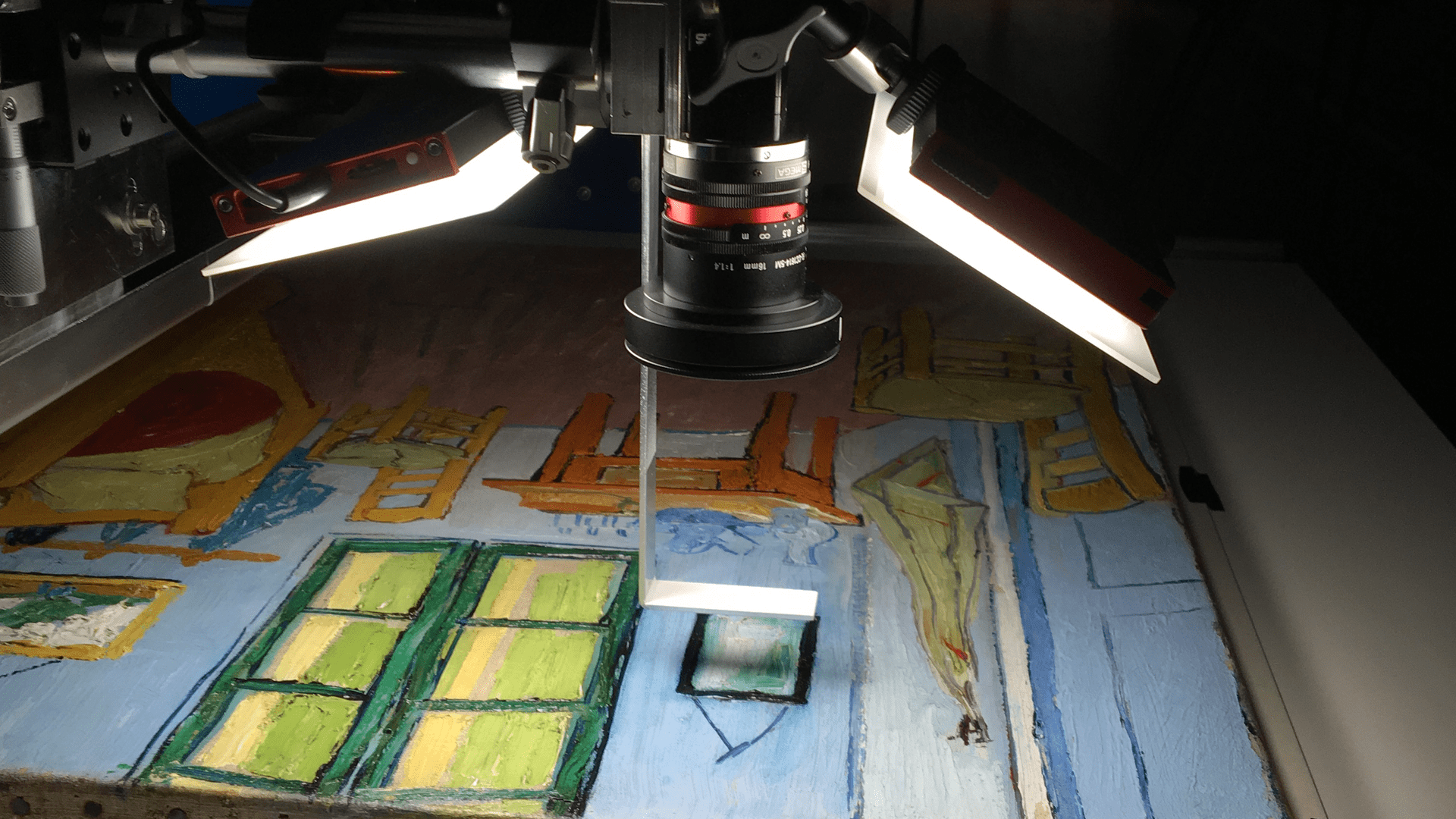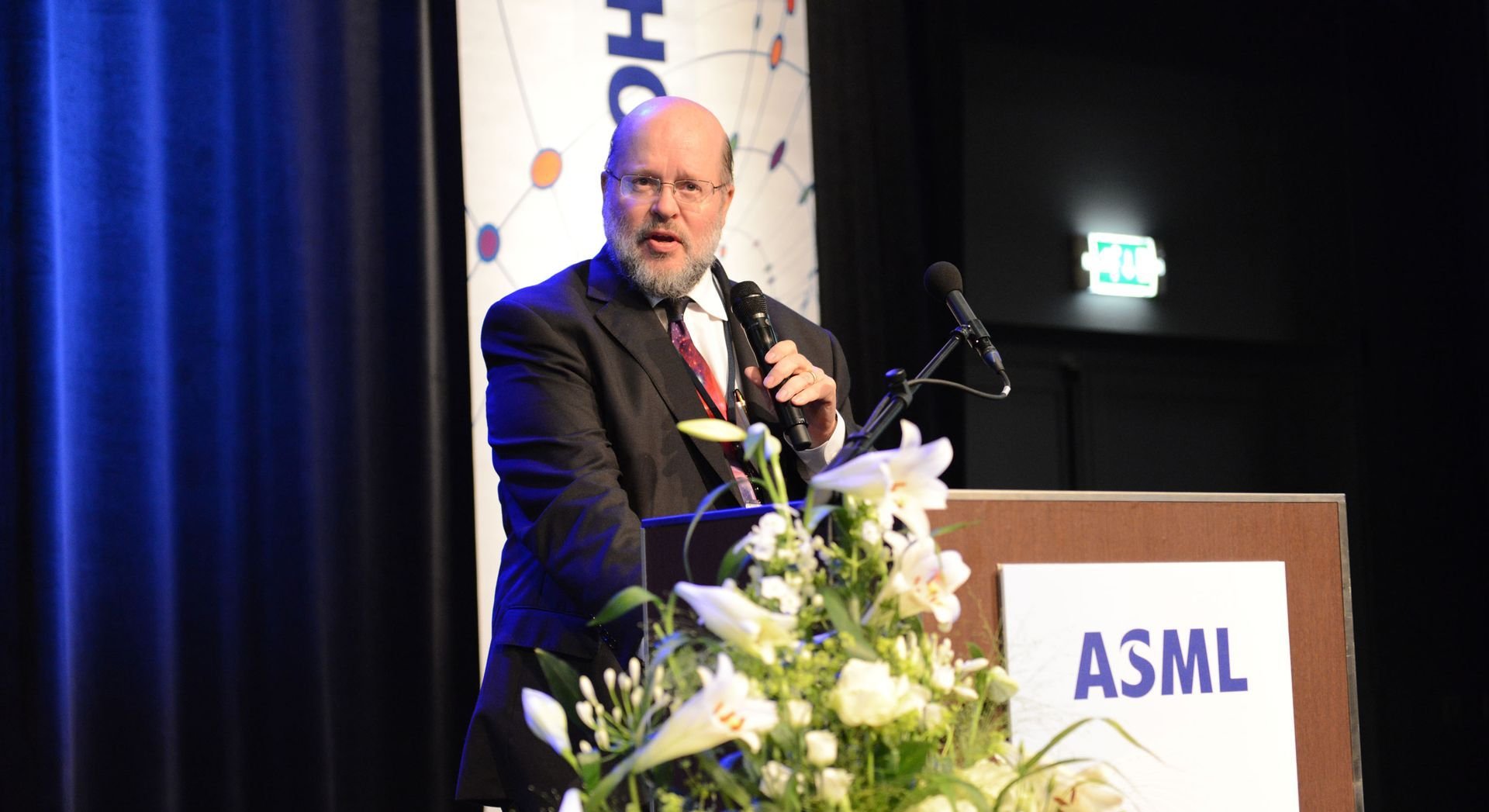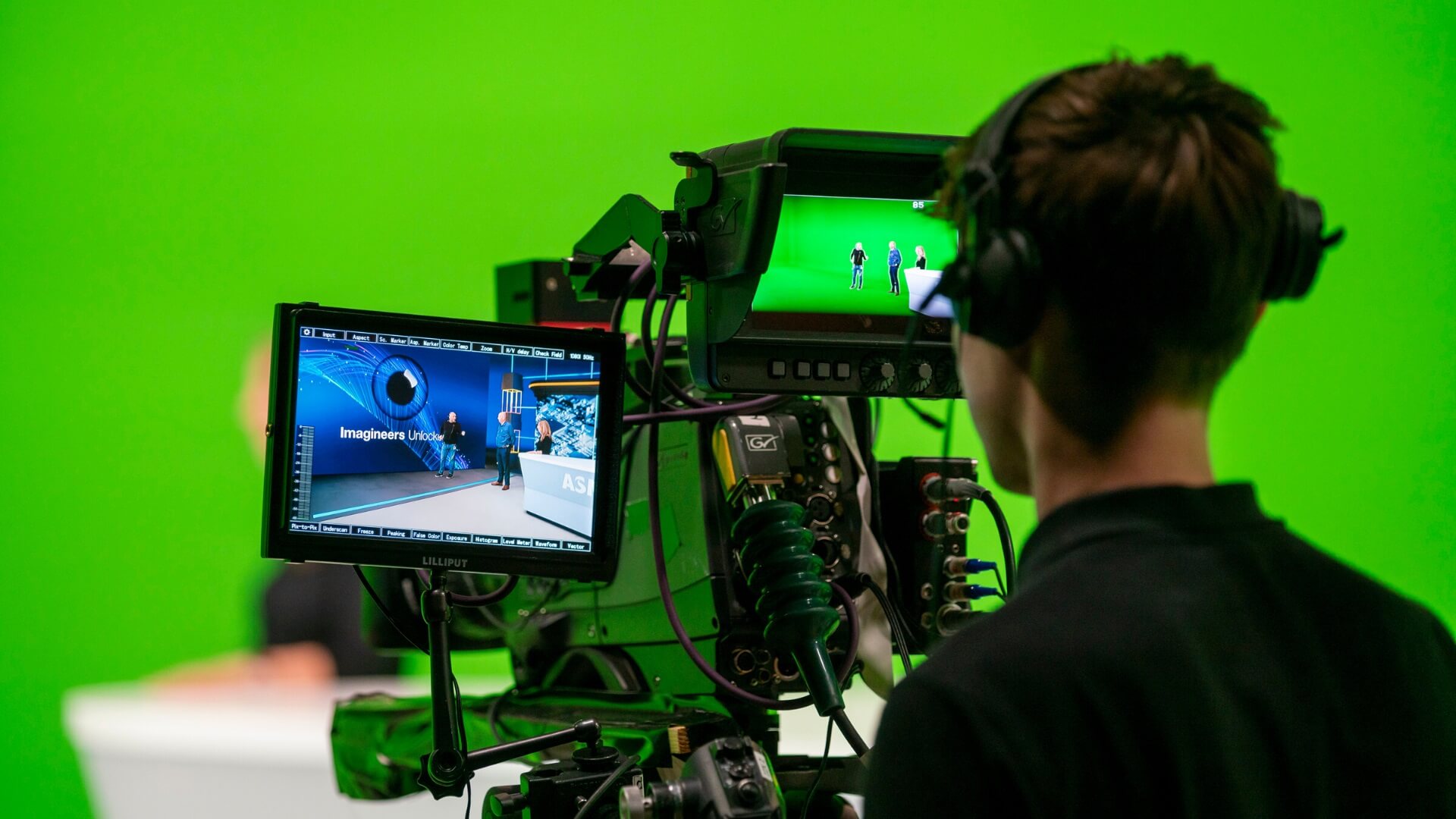6-minute read - by Kate Brunton, February 10, 2021
In early 2020, when COVID-19 started spreading around the world rapidly, the crisis team at ASML already was in the highest state of alert. Frederic Schneider-Maunoury, ASML’s executive vice president and Chief Operations Officer, shares his reflections on leading this team through a turbulent year.
Can you describe what it was like managing ASML’s crisis team during such an unprecedented crisis?
It was difficult and stressful at times, but we were prepared. The ASML corporate crisis team has clear plans, structures and lines of communication that we use. The global team works closely with local country management teams, and we communicate with each other on a regular basis. The whole approach was put in place six or seven years ago and has helped us get through several crises: floods, fires, volcanos and earthquakes. But we’ve never dealt with anything on this scale before.
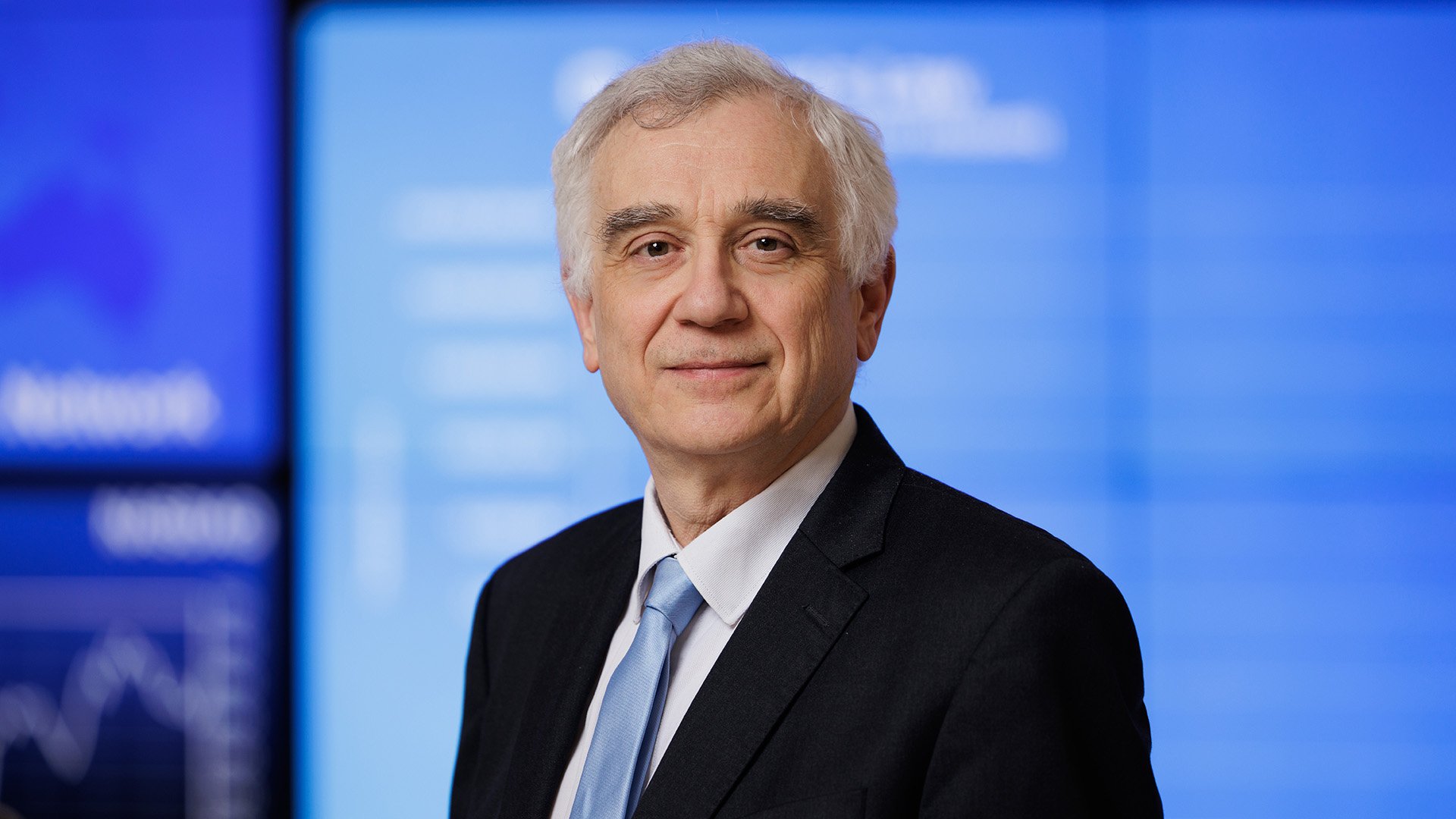
What is different about this crisis?
First of all, it is taking a long time, and it is not over yet. Disasters such as earthquakes, floods and fires can have enormous impact with far-reaching consequences, but they usually take place in a shorter timeframe. With this crisis, however, it was like we had a new fire every day, and this situation has not come to an end yet.
Secondly, this crisis affects not just the business, but people and their health at a scale that we have not seen before, so it is by nature a very different crisis. It has impact on all of us: you, your family and friends. In some ways this makes it easier to deal with, because there’s no debate about what’s more important. People’s health and safety should always come before the business. But at the same time, a crisis like this is a lot more difficult because the consequences are far worse if we get it wrong.
The third thing that makes this crisis different is that it is global. In practice, this means that each government, each institution, each customer, each individual has their own perspective on what we should do about it. And there’s not a great deal of coordination or communication between all these stakeholders. As an international company with customers and suppliers all around the globe, we have to deal with myriad different perspectives.
This crisis is more complex than anything we’ve ever dealt with before. This meant we had to learn every day, and we still continue to learn. It also meant we had to be very flexible – changing our approach, even changing what we say about things. That is hard for a manager: to say one thing and then to have to say another thing a couple of days later because circumstances have changed. You have to manage your credibility as well.
How did the crisis team at ASML decide on COVID-19 measures and guidelines?
At the very beginning of this crisis, we stated two priorities. First of all, ensuring the health and well-being of our people and their families, and secondly, ensuring the continuity of our business.
One important issue we had to consider was people’s perception of danger versus the reality of it. For example, with all the protocols we have in place and the filtered air in the cleanrooms, you’re much less likely to contract the disease in our factories than if you were to take the bus or go to the movies. But that’s not necessarily how people feel.
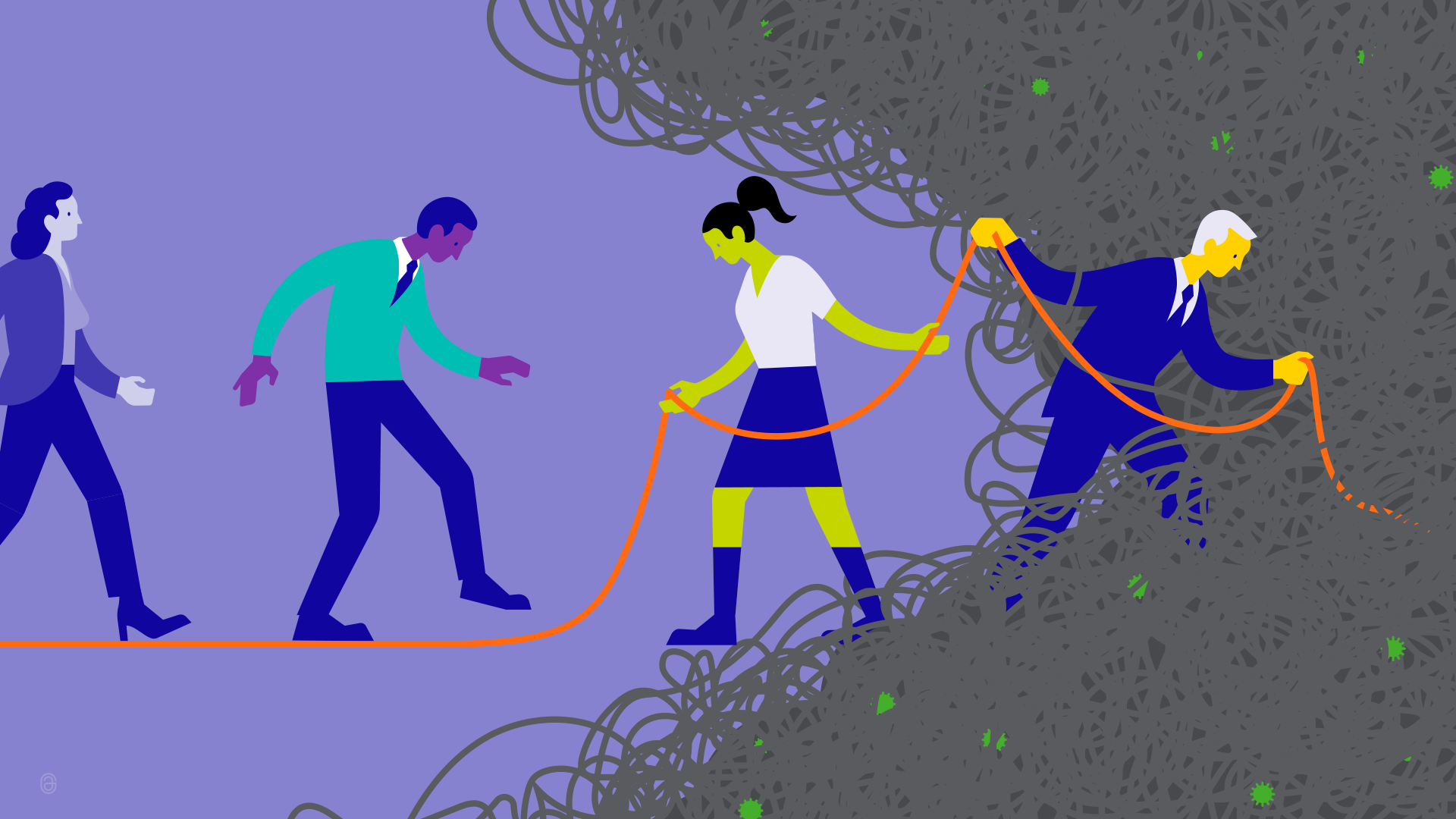
Our crisis team always follows the same process. First, we have to be convinced ourselves that the measures we are taking and the rules we are putting in place are actually what’s needed in the situation. Next, we always ask ourselves how these rules will be perceived. And third, we think about how to communicate the rules so that they lead to the desired effect.
Some of the measures might seem obvious, but they aren’t necessarily, so we always have to explain our reasoning behind implementing new rules. For example, if we want people to wear masks, we have to explain why. At ASML we are communicating with engineers, so ‘why?’ is always the first question they ask, of course. And it is a good question that deserves an answer at all times.
This process takes a lot of time, energy and debate, and it doesn’t always work. It involves a bit of trial and error, and we sometimes have to revise things based on feedback. That’s what is nice about ASML, though – getting feedback is easy. Our employees always feel engaged, and the more complex the problem, the more they want to contribute.
“At ASML, getting feedback is easy. Our employees always feel engaged, and the more complex the problem, the more they want to contribute.”
Did you experience differences between the regions across the world in which ASML operates?
We always had to consider two aspects when dealing with the crisis in other parts of the world: government and society. Governments have different regulations all over the world, different ways of dealing with the situation, and the culture of a specific country also affects how people behave in the situation. People in Asia, for example, generally find it normal to wear masks, but in the US and certainly in the Netherlands, that’s more difficult. That’s why all the measures we take are discussed with the local crisis teams.
Is there anything we learned from this crisis that we can take forward with us?
There are four important trends that we’ll be taking with us into the future after this crisis.
First, with regard to safety. Until now, we based our measures on occupational safety. However, we discovered again that health is more than safety – it is also about living and working under the right conditions, about people’s morale and mental health. So, in the context of environmental health and safety (EHS), we will focus even more on the health dimension.
Secondly, our customer support sites at the customers’ fabs are becoming more autonomous. This trend had already begun, but with this crisis, it became even more important to strengthen the ability of our people to serve our customers locally. It is part of a natural evolution, because the more complicated our systems get, the more support needs to be provided at the customer site itself rather than from our factories.
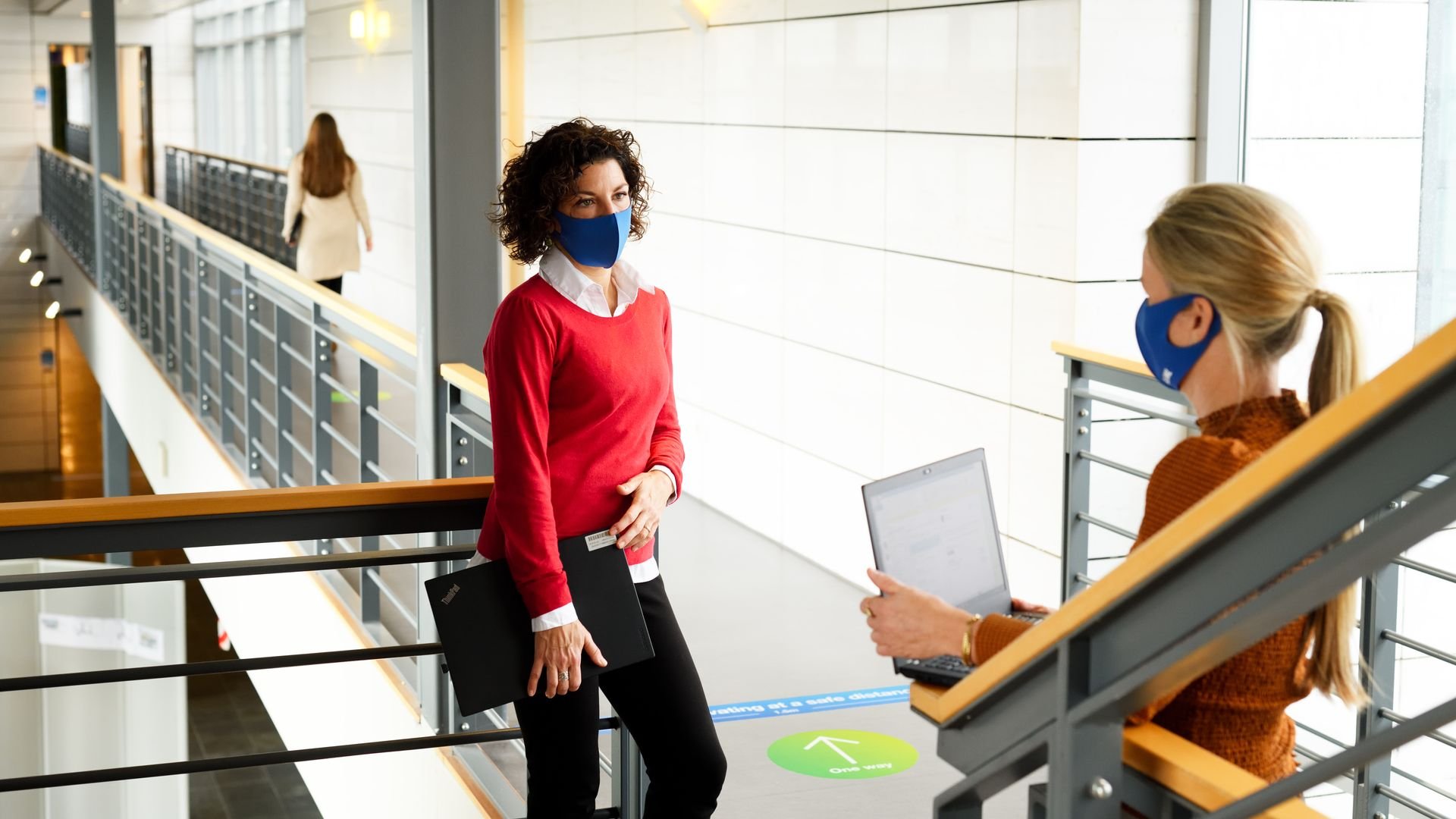
As a third learning point, we were reminded again that our supply chain isn’t completely risk-free. In a crisis like this, it’s hard to ensure that our supply chain remains completely intact, because our circle of influence is relatively limited to our factories and our first-tier suppliers. So, it becomes a supply chain analysis question – can we identify all our risk areas in our widely distributed supply chain? Do we have enough parts available globally to ensure we can keep our factories running and meet the delivery and service agreements for all our customers worldwide? What is our risk in Europe, the US and Asia? During the first months of the crisis in 2020, we had our struggles, but in the end, we were able to contain or mitigate most of the risks in close collaboration with our suppliers. It takes a great deal of trust and mutual commitment to work together in such a way.
And finally, we need to think about new ways of working. The relationship between employer and employee is changing – we work from home, from anywhere. We are developing a new work from home policy, for example rethinking what the typical percentage of time that people should work on premises or from home should be. It will for sure shape the new normal of the company.
How do you think this crisis will evolve?
The only thing we know is that the environment we operate in is unstable and uncertain. With vaccination programs being rolled out on a global scale, we are on the right path, but we will definitely experience more ups and downs. The situation is already developing differently in various countries, so we need to stay vigilant, rigorous and agile.
It is clear that ASML, like so many other companies, won’t emerge from this crisis the same as before it started. In line of the fair number of crises that we have faced over the years, we have to be prepared to be able to run our business, despite what’s happening in the world.
Overall, I think we have done great work as a team. And the creativity, resilience and ingenuity of this company and its people never cease to amaze me.

